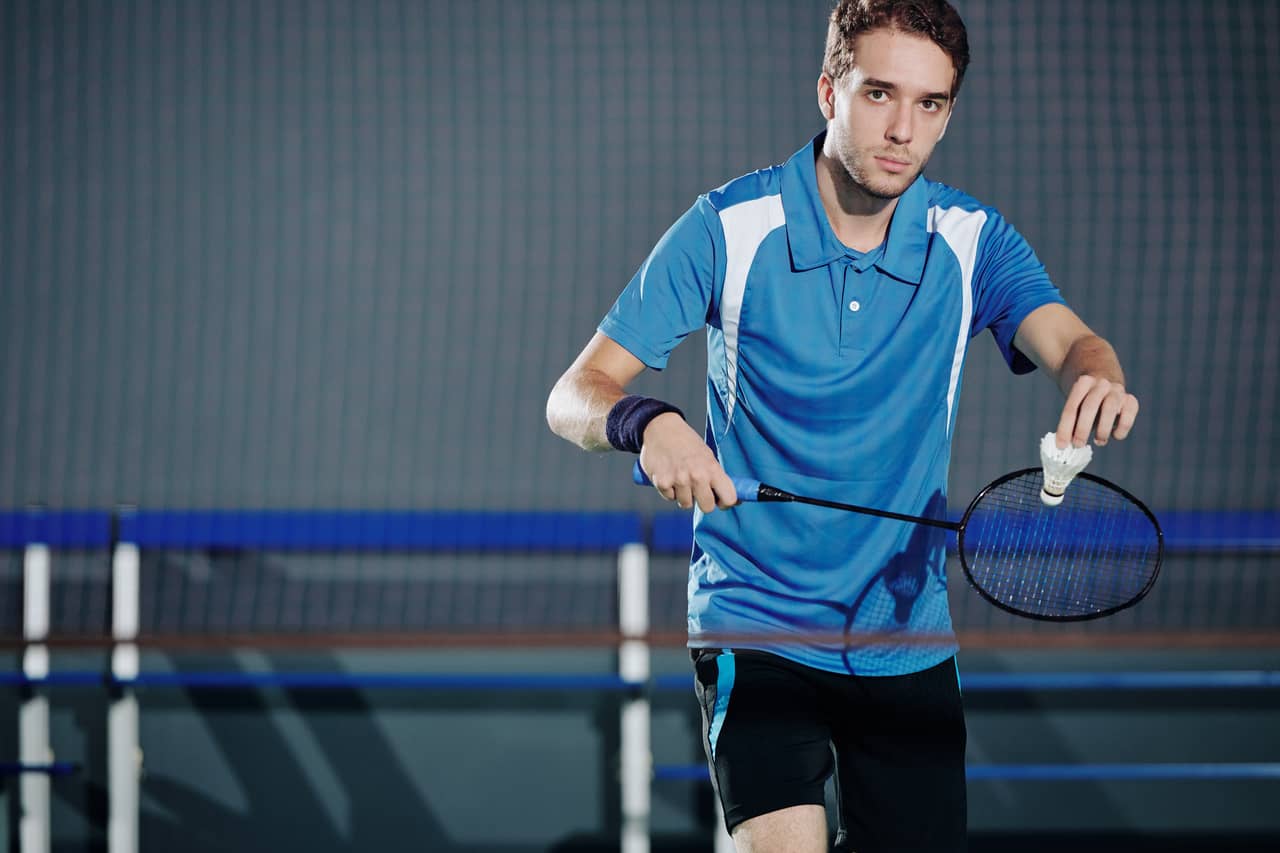Badminton is played regularly by approx 220 million people around the world, which makes it the second most popular sport after soccer. As a result, many young players worldwide are establishing themselves at an international level. Lin Dan, Lee Chong Wei, P.V Sindhu, Saina Nehwal, Peter Gade, and Carolina Marlin are inspirations to many of these young players.
You might have heard a quote that ‘age is just a number’, and yes, it is so because there is no age to follow your passion. But to become a professional in any field, you must begin at a very young age. And the same rule applies to badminton. To play internationally, you must work hard and start learning at the right age.
And today, in this post, I will explain how one can become a professional badminton player.
Seven easy steps to become a professional badminton player
So, let’s begin with:
1. Understand the game
Before playing a sport, you need to understand and learn the basics of that particular sport, which will help you to learn advanced skills quickly.
Also, remember that badminton is not about performing shots but about footwork. So, while practicing, you must be focused and familiar with its rules, footwork, and all technical shots.
It will help you practice the footwork for every shot and know when to jump, when not, and which shot to use during a rally.
2. Start at the young age
Being a badminton coach, I will always recommend you to start at an early age of 10 or 15. It will help you learn all the basic skills and understand the concept better.
Also, the player will get enough time to decide the category he wants to play.
3. Know your physical capabilities
You must have suitable physical, tactical, and phycological abilities to play badminton. But to become a professional badminton player, you must always work on your physical knacks.
Generally, a badminton match is played in three sets, lasting up to 40-60 minutes. And if you want to play a match, you must have high intensity, for which you can add some practical warm-up exercises to your daily routine.
Rather than this, you must also follow a proper diet plan to meet your body weight and fitness.
4. Use right gear
A player must choose the suitable and perfect gear. As it that can help him drastically enhance his game and skills on the court.
Equipment like a lightweight racket for beginners, a feathered shuttlecock, and a pair of non-marking shoes, help prevent injuries like cramps and sprains.
I recommend you purchase the right equipment with the best quality and never compromise on this aspect during your career.
5. Learn different skills
A badminton player needs to learn different types of strokes from beginners to advanced. These strokes include smash, drop-shot, jump smash, short serve, overhead shot, and many more.
To master these shots, you must coordinate your hand, wrist, and shoulder, which is a crucial way to play a good game. Not only this, but understanding your opponent is crucial in this sport, so you should respond according to the situations that come for you.
6. Get best coach
A trainer or a coach plays a vital role in defining your career. So, you must search for the best badminton academies nearby or which is a perfect fit.
After joining an academy, you must pay close attention to what your coach teaches you and make the best possible use of coaching.
To become a professional player, you must practice for around 8 hours daily. Therefore, prepare yourself for more hard work and hard training.
7. Practice and practice more
Remember you must not completely depend on your trainer for practice, as it is a critical if you are playing any sport.
You can also watch videos of professional players and learn new moves and tactics, which you can later apply in your game. Practising more and more will make you more experienced and flexible.
Rather than this, it will also help you to coordinate your body parts according to your moves.
Final Words
So, if you really want to make your career in this particular sport then you need to follow these points and work on them.
Rather than these steps you can also practice outside and participate in the school, college, and domestic competitions, which will help you in handling the pressure in higher level tournaments.




